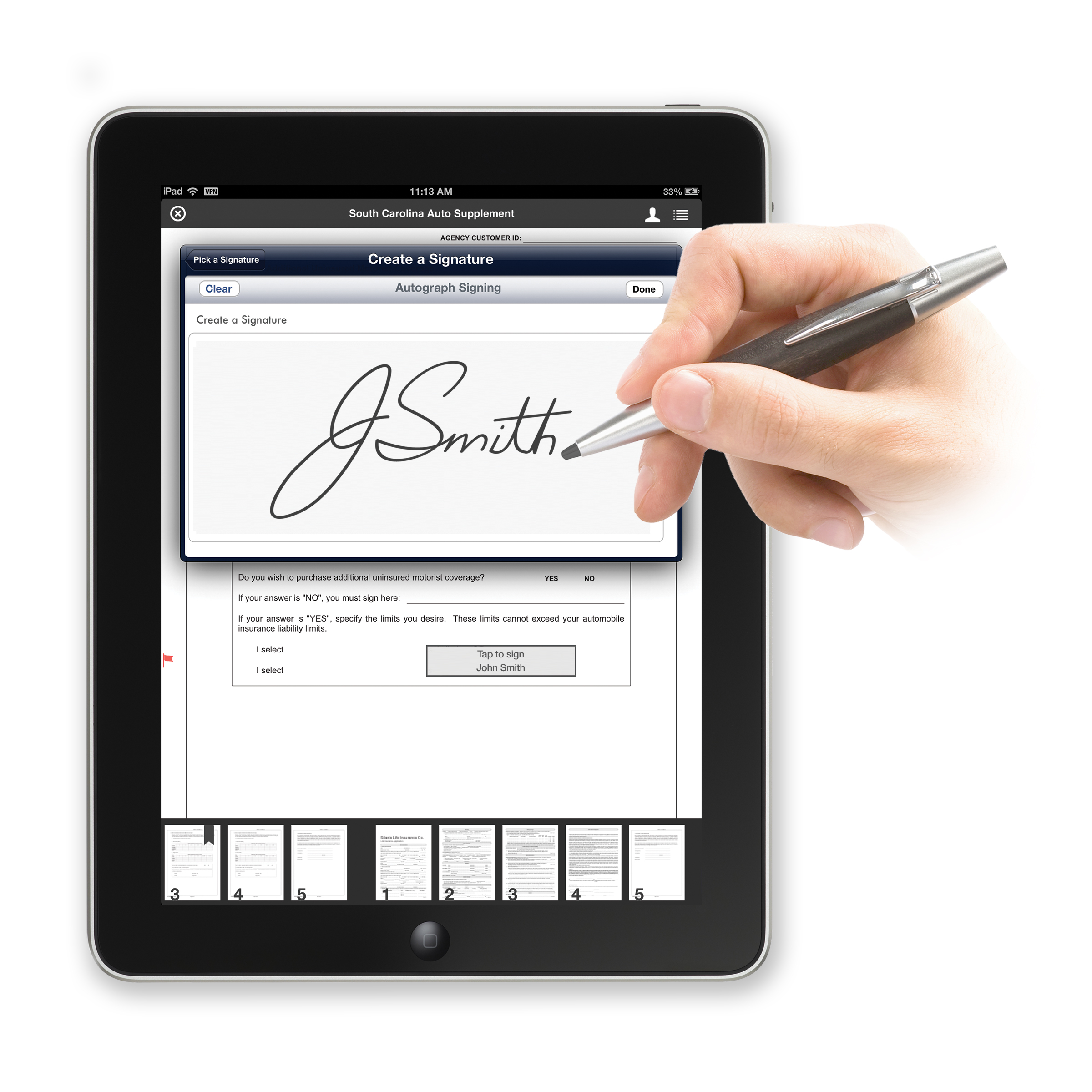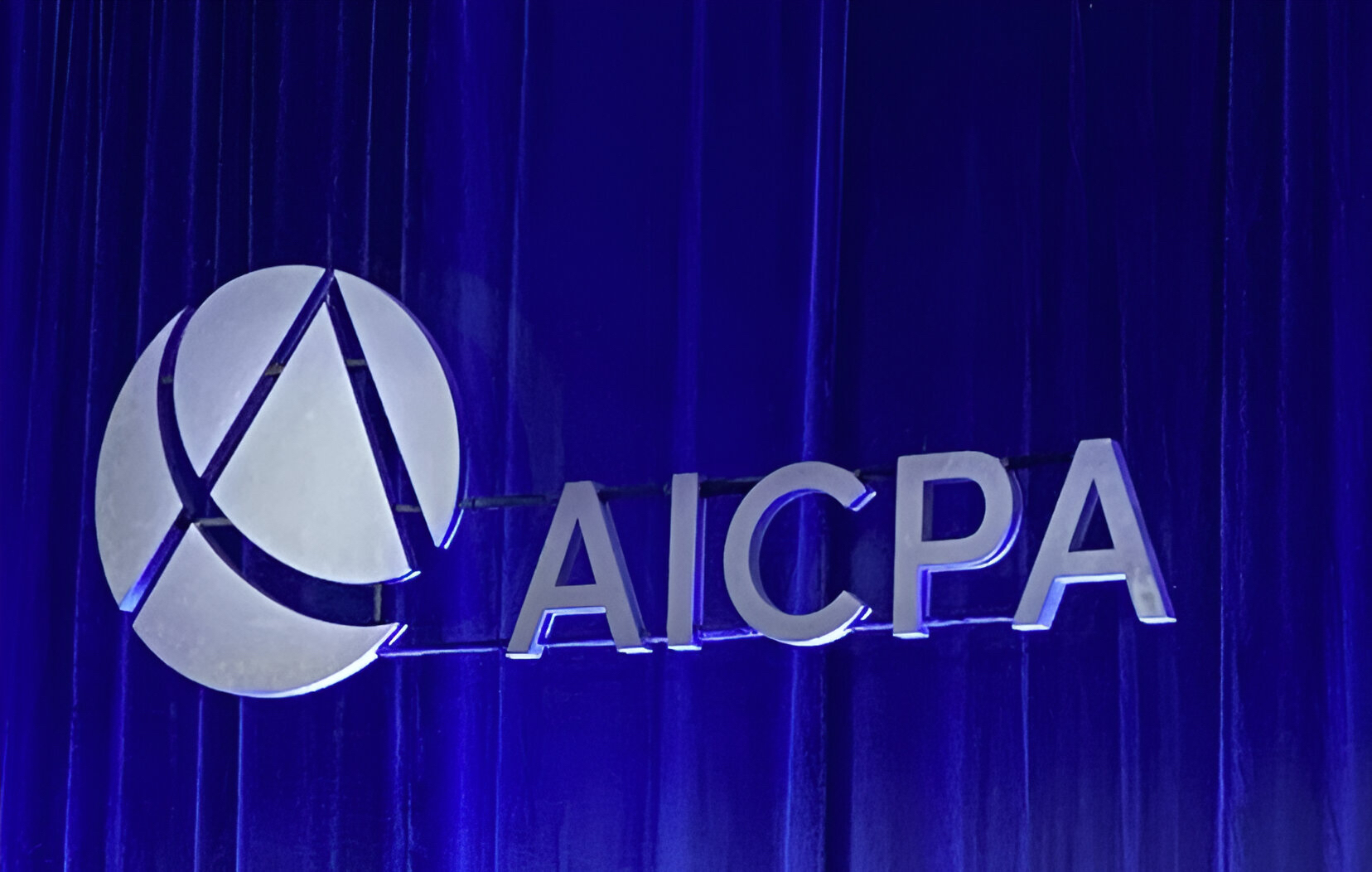So you think you’re a progressive firm, right? You’re committed to going digital and eliminating, or at least minimizing, paper. Your engagement letters are all electronic and are emailed to clients and prospects for signature.
Now think about the steps you’ve asked your client to do in order to complete this task. Open the document, print, physically sign on the line, scan it back into digital format, attach it in an email and send it back. Yes, these steps aren’t overly demanding and likely won’t lead to any workers comp claims but they are cumbersome and completely unnecessary.
An Easier Way
Technology has once again simplified the entire document signature process. Electronic signature tools allows the document, whatever it may be, to be signed anywhere, anytime via a computer, tablet or smart phone. Clients simply open the document and tap to electronically apply their signature. And your firm has the benefit of tracking the signature status as well as the ability to easily send reminders. They can also automate the process for obtaining multiple signatures on a single document and monitor the progress of the signature chain.
Shorten the Cycle
By eliminating the obstacles required to sign a document we increase the likelihood of success and shorten the cycle. When it comes to sales, shortened cycles are always better because it frees you up to focus on more prospects, reduces the chance the potential client will change their mind and limits the opportunities for a breakdown in the sales process.
Another way electronic signatures helps you expedite turning proposals into signed engagement letters is that you can catch prospects while they are in the buying mood. If you’re face-to-face you can have them sign it right on your tablet. Even over the phone, you can quickly send them the document for e-Signature and have them sign while you’re still on the line.
Changing Expectations
Consumerization of technology is changing the expectations of employees and clients. With mobile devices readily at our fingertips, the ability and expectation to be able to complete tasks on-the-go is growing. This has been happening for quite some time in other industries such as real estate, mortgage, healthcare and insurance but it’s just now starting to gain traction in the accounting profession. If you’ve purchased a house recently you have probably experienced the convenience of signing documents electronically. As this technology becomes more pervasive in our everyday lives the expectations will only grow stronger.
More than Just 8879
Significant time and resources are spent every tax season managing the process of gathering client signatures. For the last couple of years many firms have taken a wait-and-see approach to electronic signatures as they waited for IRS approval on Form 8879. Last year, by accepting electronic signatures, the IRS cleared the way to eliminate the archaic and counter-productive process of requiring a taxpayer to physically sign Form 8879 in order to electronically file their tax return.
Firms are also seeing benefits from using electronic signatures in the engagement letter process with clients and internal workflow documents. Other firms have used them to get their partner agreements signed in multi-office situations where they were previously mailing paper documents around. In doing so they are recognizing significant efficiency gains.
If your firm has not looked into e-Signature tools or has been taking the wait-and-see approach, I would encourage you to grab this low hanging fruit. It will improve efficiency, shorten the signature cycle and improve the overall signature experience for clients, employees and yourself.
Thanks for reading CPA Practice Advisor!
Subscribe Already registered? Log In
Need more information? Read the FAQs
Tags: IRS, Technology





